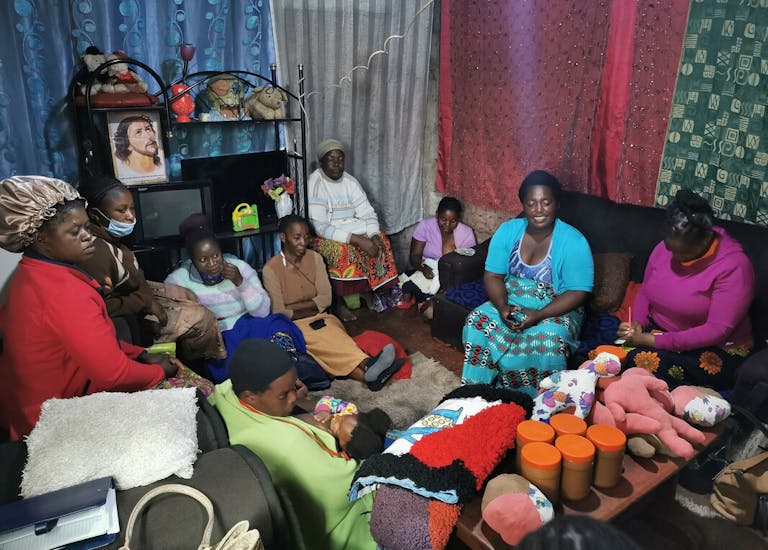ZECREP
The Zambia Enhanced Community Based Rehabilitation Program (ZECREP) Project is aimed at working towards improving the quality of life of children with disabilities in Zambia by 2030. It is run by Cheshire Homes Society of Zambia (CHSZ) through its local implementing partners, Archie Hinchcliffe Disability Intervention (AHDI) Lusaka, Twatasha Disabled and OVC Organisation in Kafue, and Holy Family Centre in Monze; with support from Liliane Fonds (LF).
Investing in the best possible care
In order to ensure the children we support receive the best possible care, it is important that we invest in the knowledge and experience of the fieldworkers. Together with a strategic partner and three partner organisationsin Zambia we launched a four-year project to involve fieldworkers, volunteers and parents in the care for their children with a disability. Now, children are referred sooner to needed services such as health related, (re)habilitation, education, social support, livelihood support and empowerment. Parents are better informed and guided on how they can support their child, where to seek help and fathers are involved in the development of the child.
In the summer, fieldworkers and parents were trained to make practical devices, such as supportive chairs for children who need more bodily support (e.g., for safe eating & drinking, playing and socializing with family and friends) and toys made from low lost local materials to enjoy and stimulate their development skills. All the participants were given a toolbox and produce various devices for children in their villages based on the child’s needs.
Goals for 2025:
- Support for 1,000 children with a disability and their families
- To train 500 volunteers, and staff of partner organisations
- To train 100 fieldworkers, therapists and other stakeholders
- To increase awareness among 40 church communities, traditional leaders and healers about the importance of including children with a disability in their community Initial results
- We have trained and increased awareness among 260 mothers and 80 fathers
- Six master trainers and 36 fieldworkers have been trained, despite the lockdowns
